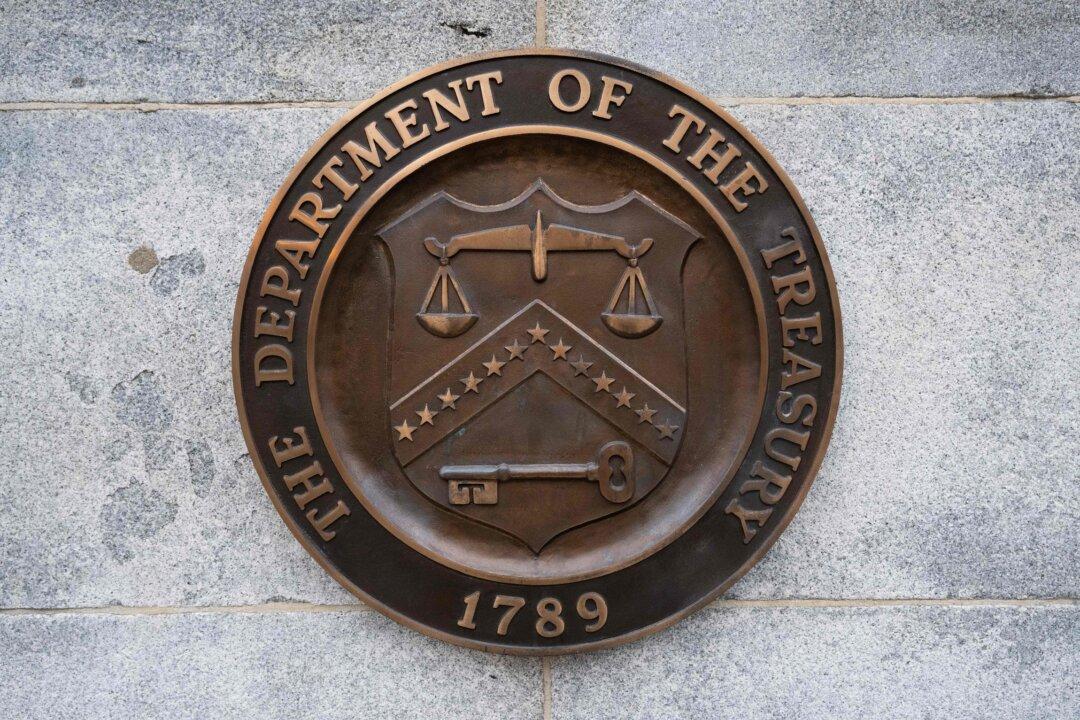The Treasury and State departments on Aug. 23 sanctioned close to 400 individuals and entities supporting Russian war efforts, including several Russian and Chinese companies.
“Russia has turned its economy into a tool in service of the Kremlin’s military industrial complex,” Deputy Treasury Secretary Wally Adeyemo said in a statement. “Companies, financial institutions, and governments around the world need to ensure they are not supporting Russia’s military-industrial supply chains.”





